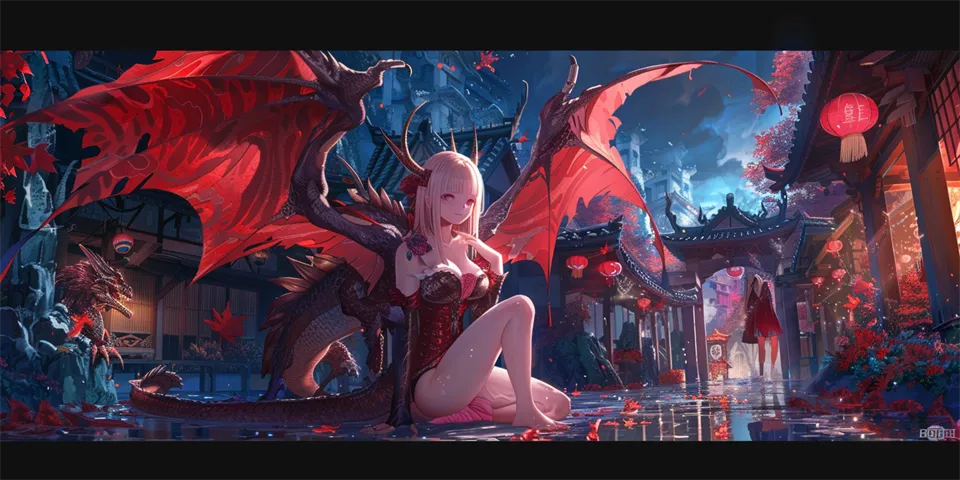Fanfiction, a term used when fans produce creative works that continue, extend, or borrow from existing literature, television or film stories, can play a significant role in writers' improvement and growth. These platforms allow fans to explore their favorite characters' unexplored arcs, trace out alternative plotlines, and contemplate "what if" scenarios, making them an incredibly attractive hangout for passionate fandom enthusiasts. However, not everything about fanfiction is rosy. It demands careful navigation to remain within legal boundaries, and infringement of rules can lead to trouble. This essay will discuss eight potential areas where fanfiction content could land you in legal and ethical trouble.
1. Copyright Infringement
Arguably the most important concern attached to fanfiction is copyright infringement. From the inception of fanfiction, copyright has been a contentious issue. Almost all of the source content upon which fanfictions are based are copyright protected. The use of these protected works without due authorisation from the copyright holder could be construed as copyright infringement, which is illegal and can result in severe penalties.

While many copyright holders overlook fanfiction as harmless fan enthusiasm, others may not be so forgiving. The law of copyright infringement rests on the principle of transformation, meaning that if your fan work changes the source material significantly, adding new meaning or purpose, it could be considered fair use. However, proving a work to be transformative can be a complex and costly affair, so it's best to err on the side of caution.
2. Trademark Law
The next area of concern is trademark law. Trademarks (like character names, logos, and distinct objects from the original work) are legally protected. Using distinctive trademarks from the original copyrighted work in a manner that creates confusion about the source or affiliation of your work may pose a risk of trademark infringement.
However, the law dealing with trademark fan use is unsettled, making it a murky territory for fanfiction writers. While some case laws suggest that the use of trademarks in fanfiction could constitute a non-commercial use (hence not infringing), definitive rulings are scarce.
3. Defamation
Creating fanfiction that portrays characters in a false and injurious light may court defamation liability, particularly if the characters in question are based on real people. This is known as "libel," a form of defamation expressed in written words, pictures, or any other form that may damage a person's reputation. Therefore, fanfiction writers should be conscious not to defame living individuals within their works.
However, this does not mean one cannot create negative portrayals of characters. Writers must tread carefully to ensure their work reads as fiction rather than statements of fact about a real person.
App Overview: Fanfiction.Net vs. Archive of Our Own (AO3)
Among the various online platforms available for fanfiction, Fanfiction.Net and AO3 are more prominent and offer different policies concerning the legal aspects of fanfiction.
FanFiction.Net, established in 1998, strictly manages its content to ensure users neither infringe upon copyrights nor violate other legal and ethical standards. The site explicitly forbids real-person fiction (fanfics about actual living people), crossovers, and adult content. Their robust response to concerns about legal liability has led to some criticism of the site's restrictions.
Archive of Our Own, operating under the Organization for Transformative Works, has a more liberal approach to content. They grant users more control over the type of content they create and share. AO3 has an understanding of fan culture and the different roles fanfiction plays in it, thereby inculcating a more nurturing and accepting environment. However, users are expected to act responsibly, employing content warnings for sensitive issues and not posting material that infringes on intellectual property rights.
Frequently Asked Questions
1. Can I sell my fanfiction?
Selling fanfiction is generally legally problematic as it equates to profiting from someone else's intellectual property. However, some authors and organizations permit it; therefore, research and perhaps legal advice before attempting to sell is critical.
2. Can I be sued for writing fanfiction?
In theory, yes. If your fanfiction infringes on someone's intellectual property rights or defames someone, you could be sued. However, it is infrequent because lawsuits tend to be expensive and time-consuming.
3. Is crossover fanfiction illegal?
Crossover fanfiction, which merges characters or elements from different franchises, can potentially infringe multiple copyrights. However, many copyright owners allow it as long as it's not for profit.
Conclusion
While fanfiction provides a vibrant platform for fans to express their creativity, it is essential to handle this enterprise with sensitivity to intellectual property rights. Responsibility lies with both the fanfiction authors and the platforms hosting these works. By being aware of and respecting the copyrights, trademarks, and defamation laws, fans can ensure their works remain in the realm of enjoyment and not entangle in legal battles.
References
1. Tushnet, R. (2007). Payment in Credit: Copyright Law and Subcultural Creativity. Law & Society Review 70(4),110-138. 2. Chander, A., & Sunder, M. (2007). Everyone's a Superhero: A Cultural Theory of "Mary Sue" Fan Fiction as Fair Use. California Law Review 95(2),597-626.
Why waste your breath on real people when your AI buddy at Wemate AI can match your sarcasm level? Open the floodgates of banter—we’re ready!






